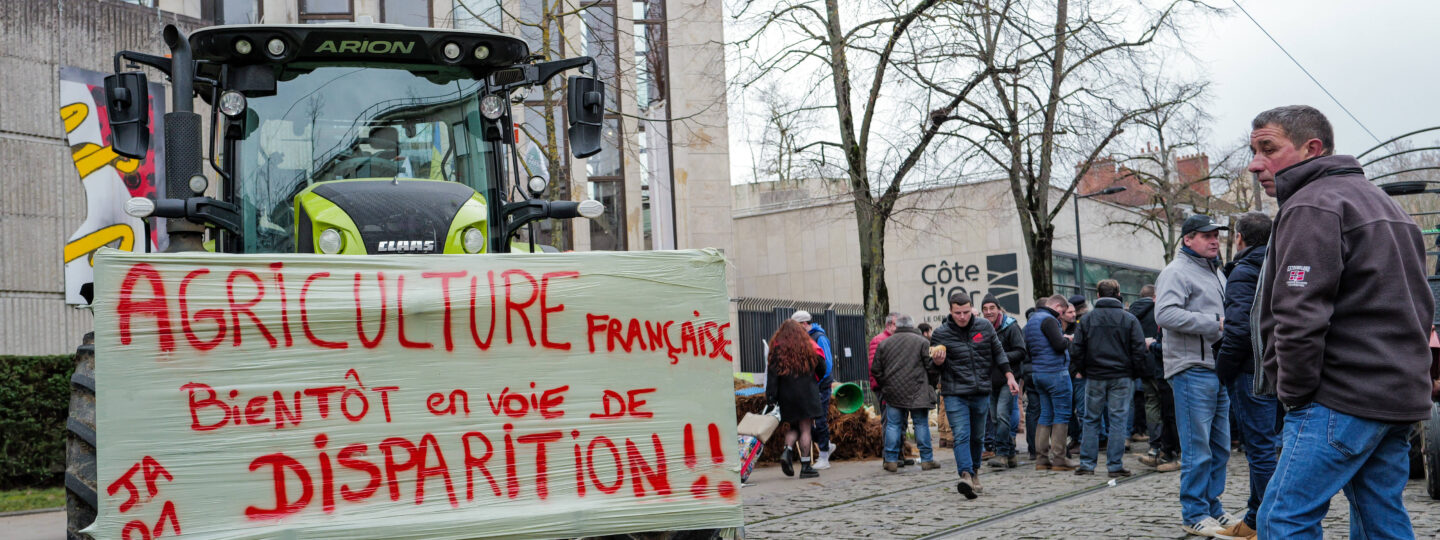For more than 20 years, the European Union and the countries of the Mercosur economic alliance (Argentina, Brazil, Uruguay and Paraguay) have been trying to agree on a free trade agreement, which would open up trade between the two continents. without customs tariffs. An agreement sometimes nicknamed “cars for cows”, because it would, among other things, promote the export of European cars and the import of South American beef. In terms of trade volumes, this agreement could represent between 40 and 45 billion euros in imports and exports.
Concluded in June 2019, the agreement was never ratified by the European Commission, facing opposition from many countries, including France and Germany, worried about its social and environmental consequences. But, with the re-election of Lula in Brazil in October 2022 and the Spanish presidency of the Council of the EU between July and December 2023, the ratification process seems to be relaunched. In a question asked last June to Secretary of State Chrysoula Zacharopoulou, Senator LR Jean-François Rapin was moved by a declaration by the Minister Delegate in charge of Foreign Trade, Olivier Becht, in favor of the agreement.
Mirror measurements
For the senators Les Républicains and the centrist Union authors of the resolution, “the democratic, economic, environmental and social conditions are not met” to allow the conclusion of this trade agreement. In their resolution, elected officials wish to remind the government of its commitments “for the agricultural world and for the defense of the environment”.
As such, the main demand of the resolution that they will defend on January 16 is the introduction of “mirror measures in environmental, social and animal welfare matters”, to make this EU-Mercosur agreement more equitable. The senators therefore demand that Latin American countries be prohibited from selling to the EU foodstuffs produced without respecting the methods authorized on the European market. “French and European agriculture would not long endure the unfair competition from such an influx of chickens doped with antibiotics, corn treated with atrazine or beef responsible for deforestation,” they warn.
Finally, the senators ask that the agreement be submitted in its entirety to a ratification procedure, that is to say to a unanimous vote of the Member States of the EU, followed by a vote by the Parliament European then adoption in all Member States according to the procedure in force. In France, the agreement would have to be voted on by the National Assembly and the Senate. On June 13, the National Assembly already adopted a similar proposed resolution.
This article is originally published on .publicsenat.fr








